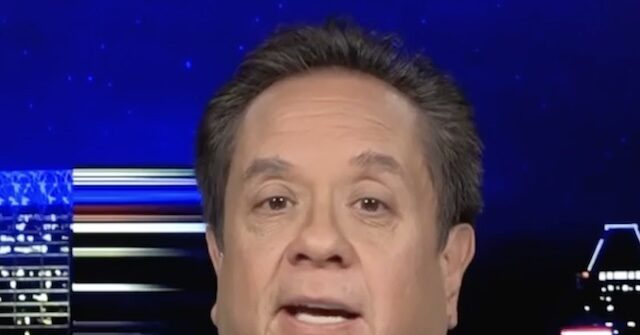During a recent appearance on MSNBC’s “Alex Wagner Tonight,” George Conway, a prominent Atlantic contributor and noted opponent of former President Donald Trump, drew parallels between Trump’s rhetoric and the propaganda techniques employed by Adolf Hitler. In response to Trump’s comments regarding the federal government’s handling of Hurricane Helene, Conway reflected on the psychological aspects of Trump’s behavior, emphasizing that Trump often engages in projection—attributing his own motives and psychological tendencies onto others. This insight led him to propose that Trump’s accusations reflect a deeper, troubling mindset rather than mere political bluster.
Conway articulated that the phrase “große Lüge,” which translates to “big lie,” encapsulates a significant facet of Trump’s communication strategy. Originating from Hitler’s 1925 manifesto “Mein Kampf,” the term describes a propaganda tactic aimed at convincing the public to accept grand falsehoods simply because they seem too outrageous to be fabricated. Conway contended that Trump regularly employs this tactic, making bold and unfounded claims with a level of audacity that challenges the limits of credibility.
He characterized Trump as a “pathological liar” and a “sociopath,” suggesting that the sheer scale of his falsehoods contributes to their persuasiveness among his supporters. According to Conway, when Trump asserts that the 2020 election was stolen—a claim he considers emblematic of the große Lüge—it represents a systematic distortion of reality meant to cultivate a particular response from his followers. This notion of the big lie serves not only as a rhetorical device but also as a tool to galvanize political loyalty and maintain a sense of narrative control among an increasingly divided electorate.
Further delving into Trump’s manipulation of truth, Conway expressed concern over the long-term implications such deceit holds for American political discourse. He argued that Trump’s persistent lies undermine the foundation of democratic norms by encouraging a culture where truth is subjective and malleable. This, Conway believes, poses a significant threat to public trust and the integrity of political processes, prompting a need for accountability and, as he put it, the “removal” of Trump’s influence from national politics.
In a broader context, Conway’s comments invite reflections on the nature of contemporary political communication, particularly regarding how leaders may employ deceptive strategies to navigate complex social landscapes. By drawing historical parallels to Hitler’s regime, he warns that the ramifications of allowing such rhetoric to persist could be dangerously corrosive, leading to normalized dishonesty in political institutions.
Ultimately, Conway’s assertion that Trump embodies a cancer on American political life sparks critical conversations not just about Trump himself but also about the broader implications for the future of American democracy. As the political landscape continues to evolve, examining the techniques utilized by figures like Trump may illuminate the challenges of truth, integrity, and accountability in a divisive era.

